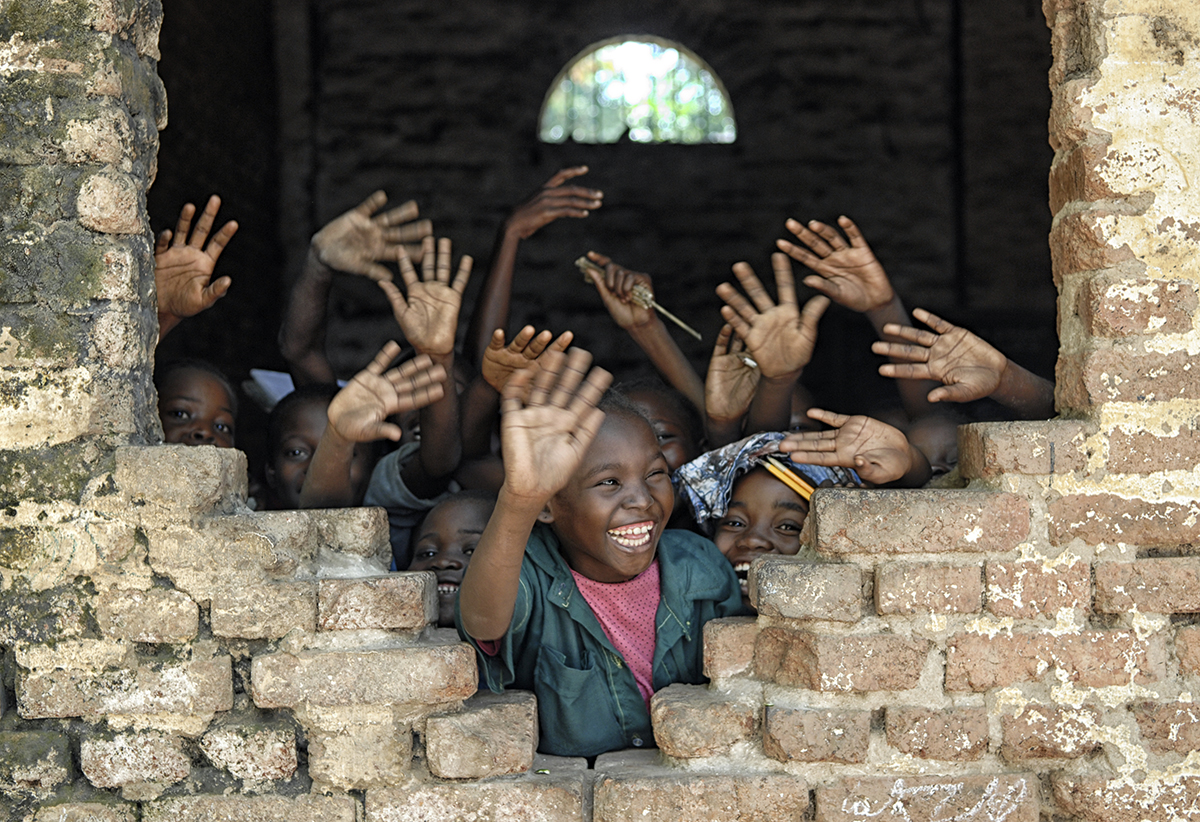Since its inception, most of the activities of the Southern African Development Community (SADC) have been implemented using resources from SADC Member States and from Development Partners. This model of funding has not worked well for SADC as it has contributed to most of the activities not being implemented. The situation has worsened over time with the increase of regional activities. For instance, in the next five years it is expected that SADC will require approximately US$260 million to fund its regional projects (i.e., coordination of activities, studies, capacity building initiatives as well as consensus meetings). The community will also need US$64 billion to fund regional infrastructure projects. From the total amount of US$64.3 billion required to fund SADC regional projects and activities, only US$43.2 million is currently committed to this budget, and this translates to a financing gap of 99.3%. Furthermore, commitments from Member States and from Development Partners indicate a huge disparity, with only 9.2% of regional projects being funded by Member States while the balance of 90.8% is funded by Development Partners. This situation is not sustainable and if meaningful regional integration is to be achieved, dependence on donor resources needs to be reversed urgently so that the bulk of regional activities are funded by SADC Member States using domestic resources.
To address the growing need for resources alluded to in the preceding section, SADC and its Development Partners adopted the Windhoek Declaration in 2006 to guide cooperation between SADC and Development Partners for the achievement of the SADC socio-economic development agenda (as outlined in the Regional Indicative Strategic Development Plan - RISDP) and the overarching objective of poverty eradication.
As part of implementing the Windhoek Declaration, in August 2008, the SADC Council of Ministers directed the SADC Secretariat to explore sustainable alternative sources of income to minimise the inherent risks of relying heavily on the support from Development Partners (Council Decision of August 2008). This directive was reiterated in March 2015 during consideration of the revised RISDP 2015-2020 and Industrialization Strategy, when Council directed that a concept notes on alternative sources of income be developed. The note was developed with the assistance of the Southern African Trust and presented to the Committee of Ministers of Finance and Investment at their meeting in Bulawayo, Zimbabwe in August 2015.


